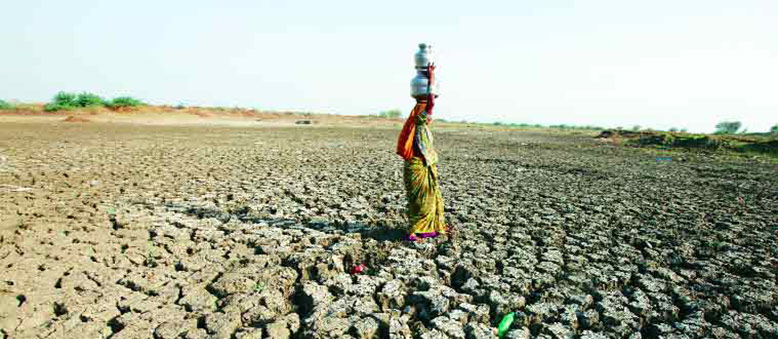
Not a Drop to Drink:
Our Looming Global Water Crisis
Not a few years from now, but today, we are facing an unprecedented catastrophe in the planet’s water supply. For drinking, for agriculture, and for preservation of wildlife and the global environment, we are confronted with critical water shortages on an unprecedented scale. Our response to this crisis will literally determine the future, not just of populations in the most severely threatened areas, but of our species and of the earth as we know it. Solutions are at hand if we can only come together to cooperate in implementing them.
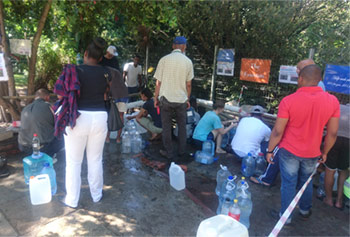
The Glass Really Is Half Empty
In 2018 Cape Town, South Africa, a city of over 4 million, ran out of water. The city government announced that on “Day Zero” residents would have no running water in their homes and businesses. People lined up at communal stations to collect a daily water ration. The crisis was only averted at the last minute, in part by the arrival of exceptional storms.

Growing Food in the Desert
Unlike many global problems today, the drinking water shortage has clear solutions. Most of the world’s fresh water use is not for drinking, but for agriculture—perhaps as much as 80%–making agriculture the most promising focus for water conservation.
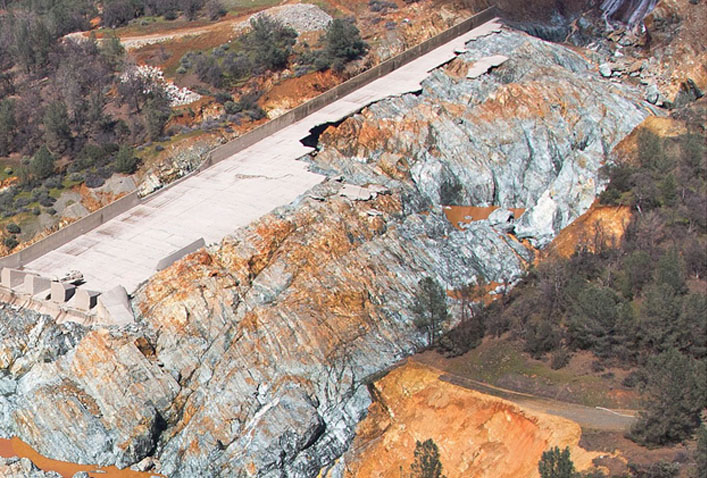
Water, Hard and Soft
In the 20th century, massive dams, aqueducts, and centralized treatment plants dominated water planning. This infrastructure produced some of the most important developments in human history, notably a great reduction in water-related diseases and deaths. But negative consequences of this “hard” infrastructure have led us toward a new, “soft” approach.
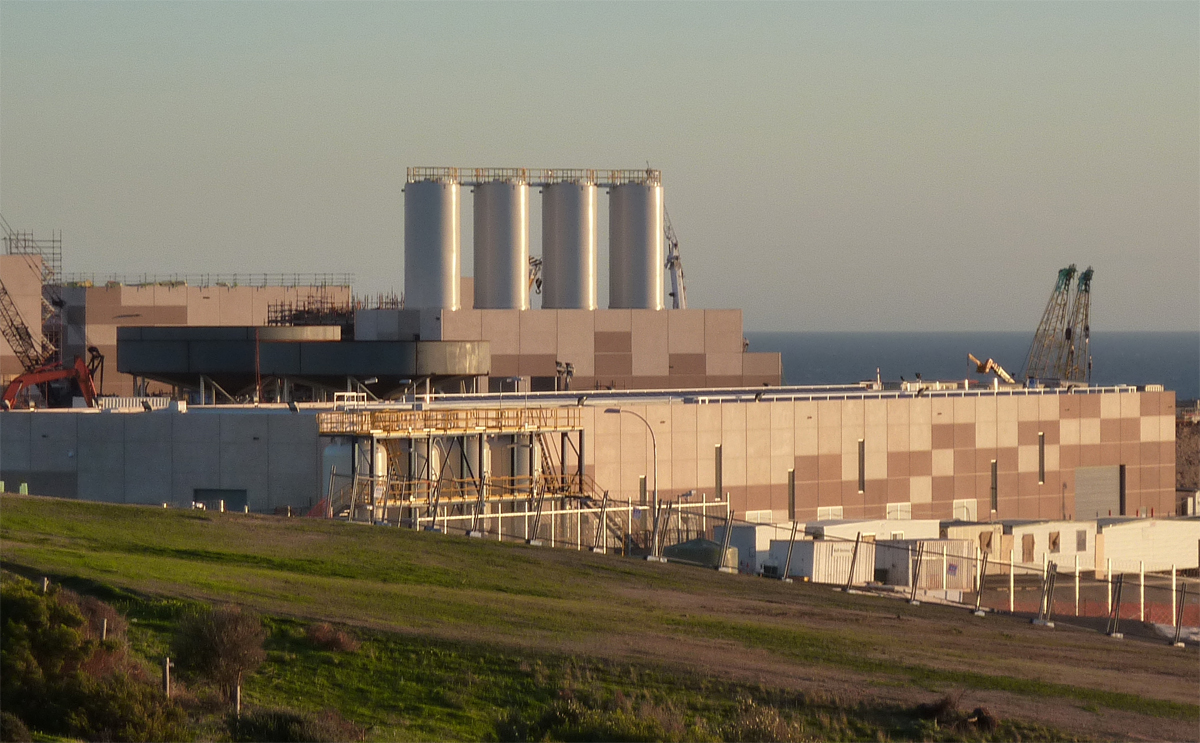
Desalination and the Global Water Crisis: A Complicated Solution
By 2050, more than half of the world’s population is projected to live in areas experiencing water stress. With the ever-growing pressures of climate change and population growth, desalination—processing seawater into freshwater—has emerged as a critical response, but not without controversy.
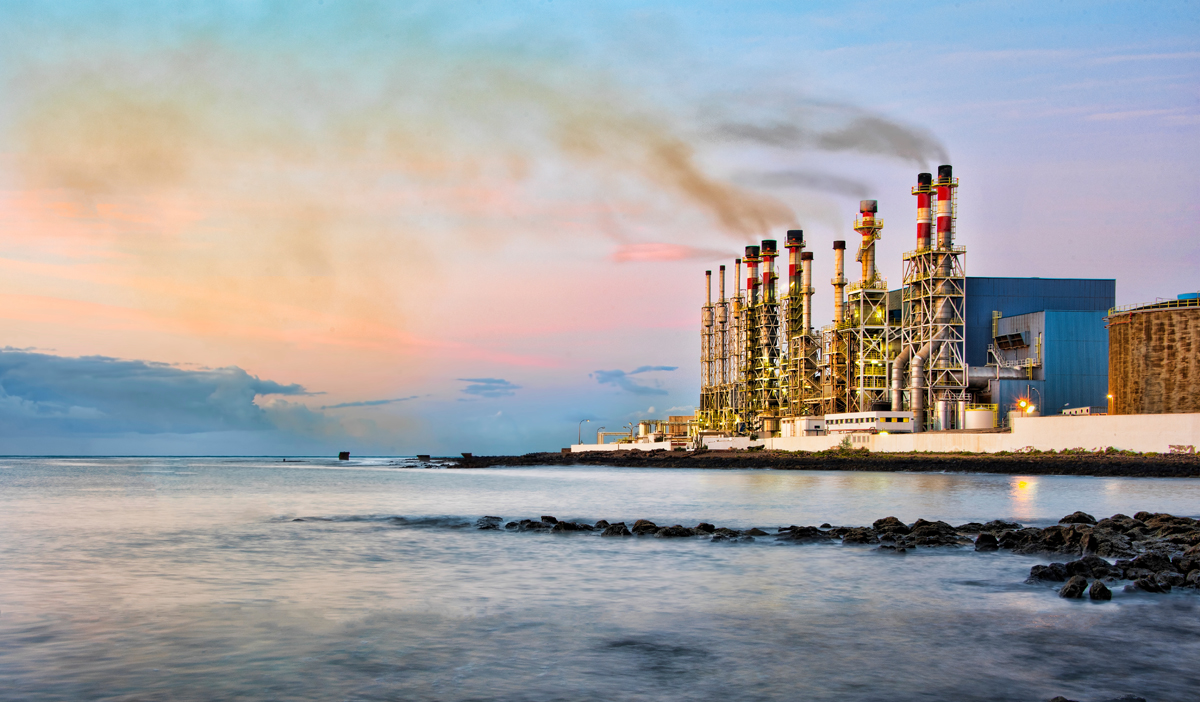
Spain’s Desalination Drive
Suffering chronic water scarcity and climatic extremes, Spain has been forced to face the challenge of sustainable water supply head on. Discover how six decades of development and investment have established it as the desalination pioneer of Europe.
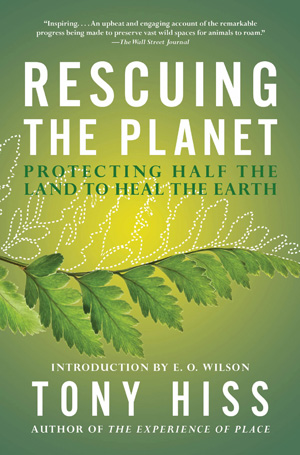
Rescuing the Planet
Protecting Half the Planet to Heal the Earth
By Tony Hiss
Could it be possible to set aside half the earth’s land and sea for nature by the year 2050? Former New Yorker staff writer Tony Hiss investigated the feasibility of this ambitious idea proposed by biologist Edward O. Wilson and emerged inspired and surprisingly optimistic. These efforts are already underway and must focus immediately on a few dozen threatened “hotspots,” home to an enormous percentage of Earth’s plant and animal species, many of which are found nowhere else on the planet. READ MORE »
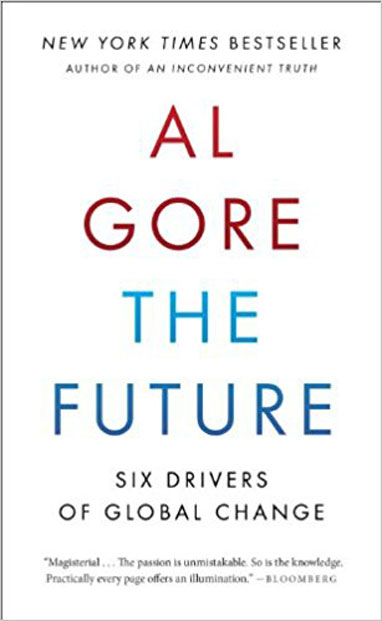
The Future
Six Drivers of Global Change
Al Gore
No period in global history resembles what humanity is about to experience. Explore the key global forces converging to create the complexity of change, our crisis of confidence in facing the options, and how we can take charge of our destiny.
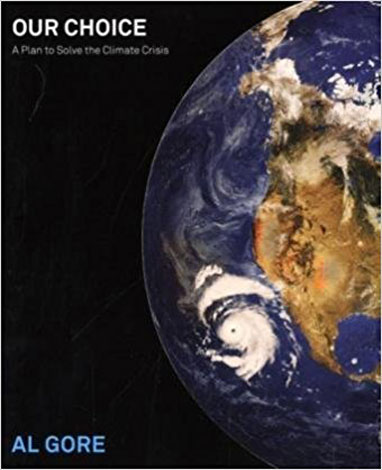
Our Choice
A Plan to Solve the Climate Crisis
Al Gore
We clearly have the tools to solve the climate crisis. The only thing missing is collective will. We must understand the science of climate change and the ways we can better generate and use energy.
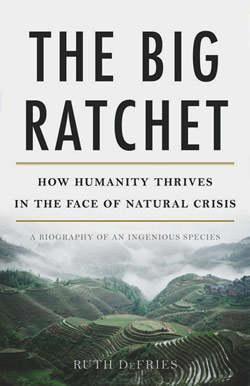
The Big Ratchet
How Humanity Thrives in the Face of Natural Crisis
Ruth DeFries
Human history can be viewed as a repeating spiral of ingenuity—ratchet (technological breakthrough), hatchet (resulting natural disaster), and pivot (inventing new solutions). Whether we can pivot effectively from the last Big Ratchet remains to be seen.
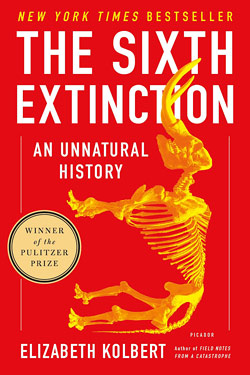
The Sixth Extinction
An Unnatural History
Elizabeth Kolbert
With all of Earth’s five mass extinctions, the climate changed faster than any species could adapt. The current extinction has the same random and rapid properties, but it’s unique in that it’s caused entirely by the actions of a single species—humans.
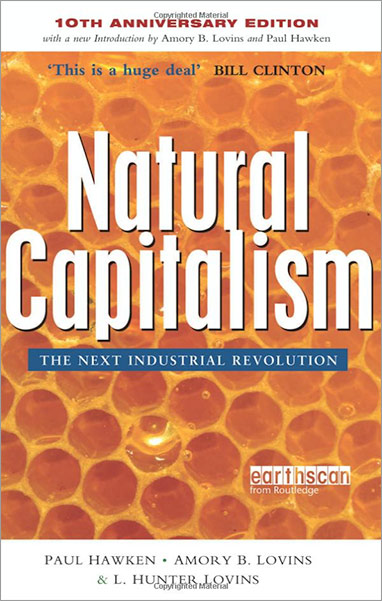
Natural Capitalism
Creating the Next Industrial Revolution
Paul Hawken, Amory Lovins & L. Hunter Lovins
A new definition of capitalism that fully values natural and human resources may hold the keys to a sustainable future.
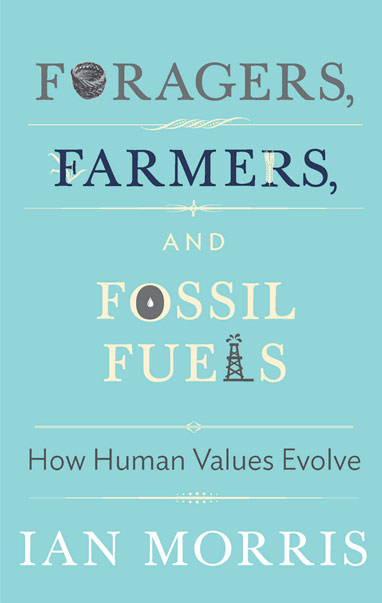
Foragers, Farmers, and Fossil Fuels
Ian Morris
Human social development, says Morris, is constantly generated by environmental and social factors. The amount of energy that can be extracted from the environment through technology defines the social possibilities, and thus influences the attitudes and world view of each epoch.
In the series: A Sustainable Planet
- Our Finite Planet
- Our Climate Crisis—and What We Can Do About It
- The Rocky Road to a Sustainable Future
- Our Plastic Earth
- Rescuing the Planet by Tony Hiss
- The Future: Six Drivers of Global Change
- Our Choice: A Plan to Solve the Climate Crisis
- The Big Ratchet
- The Sixth Extinction
- Natural Capitalism
- Foragers, Farmers, and Fossil Fuels
